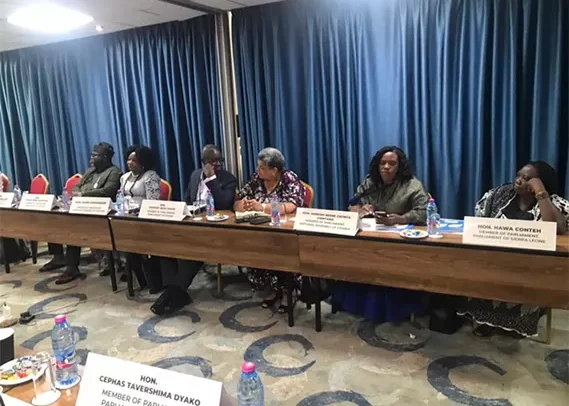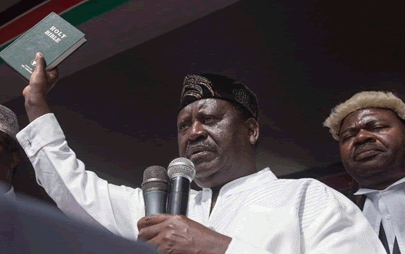
A section of the parliamentarians at the event
A number of African parliamentarians have pledged to uphold The Accra Declaration on Freedom of Religion or Belief, recognising it as a significant document for promoting and protecting freedom of religion or belief across Africa.
This commitment was made during a three-day workshop organised by the African Centre for Parliamentary Affairs (ACEPA) and the International Panel of Parliamentary Freedom of Religion or Belief (IPPFoRB) Academy, held in Accra from October 6 to 8, 2025.
Parliamentary representatives from countries such as Ghana, Sierra Leone, Nigeria, Zambia, Uganda, Kenya, and Malawi expressed their commitment to strengthening human rights in Africa by fostering interfaith dialogue and cooperation, protecting vulnerable communities, as well as promoting democratic values and good governance.
The declaration, adopted on October 8, 2025, affirmed their commitment to stand in solidarity with victims of religious violence and to denounce acts of violence as well as incitement to hatred based on religion or belief. It emphasised the importance of ensuring the right to remedy for victims and engaging with affected communities respectfully.
Additionally, the declaration seeks to ban harmful traditional practices, such as child marriage, and ensure that laws and policies related to freedom of religion or belief comply with international human rights standards at all levels. It also encourages various African countries to work in coordination with their governments to request the official visit of the United Nations (UN) Special Rapporteur on Freedom of Religion or Belief to assess the situation regarding this fundamental right.
The parliamentarians pledged to refrain from weaponising religion for political purposes and to effectively combat incitement to hatred, as well as religious intolerance and discrimination, both online and offline.
Prof. Nazila Ghanea, the UN Special Rapporteur on Freedom of Religion or Belief, delivered a presentation highlighting various UN mechanisms used to promote and protect this right, including the Universal Declaration of Human Rights (Article 18) and the International Covenant on Civil and Political Rights (Article 18).
Her presentation provided valuable insights into the UN’s role in advocating for freedom of religion or belief. The event sparked discussions and raised awareness among parliamentarians about the significance of UN mechanisms in advancing freedom of religion or belief in Africa.
Rev. Dr. Johnson Mbilla also delivered a talk titled “Politics, Religion, and Freedom of Religion or Belief (FoRB): Focus on Africa,” offering a timely perspective on the regional context and underscoring the importance of FoRB in the continent. He explored the complex relationships between politics, religion, and FoRB in Africa.
By Prince Fiifi Yorke
Read Full Story






















Facebook
Twitter
Pinterest
Instagram
Google+
YouTube
LinkedIn
RSS